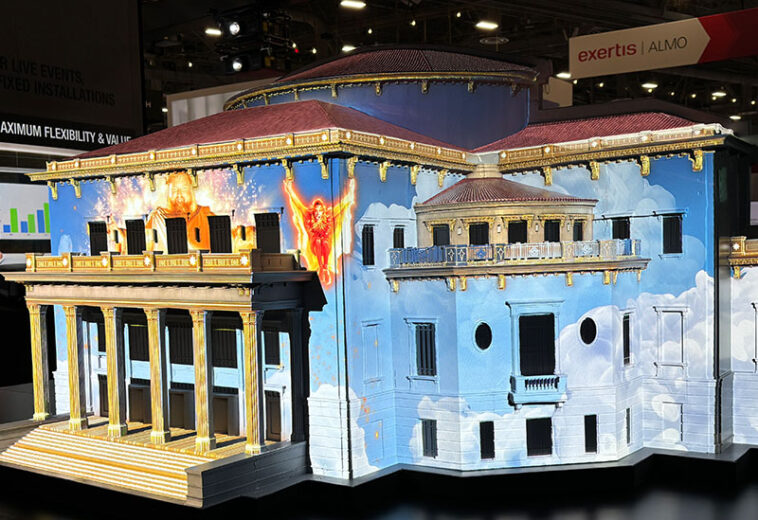In a world inundated with digital distractions, experiential events have emerged as a powerful way to captivate audiences and leave a lasting impression. Unlike traditional events where attendees passively observe, experiential events immerse participants in interactive, multisensory experiences that engage, educate, and inspire. From product launches to brand activations, experiential events are revolutionizing the way businesses connect with their audiences.
Experiential events, or live brand experiences, are designed to engage attendees on a deeper level by stimulating their senses and emotions. These events go beyond presentations or lectures, offering interactive activities, hands-on demonstrations, and personalized experiences. Whether it’s sampling a new product, participating in a workshop, or collaborating on a creative project, attendees become active participants in the event experience. This not only increases retention and comprehension but also fosters a sense of community and belonging among attendees.
Key Considerations for Planning Experiential Events
While experiential events offer tremendous potential, they also require careful planning and execution. Here are some key considerations to keep in mind when planning your next experiential event:
- Define Your Objectives: Clearly define the goals and objectives of your event, whether it’s increasing brand awareness, driving sales, or fostering customer loyalty. Tailor your experiential activities to align with these objectives.
- Know Your Audience: Understand your target audience demographics, preferences, and interests. Design experiences that resonate with their needs and desires, ensuring maximum engagement and participation.
- Harness Technology: Leverage technology to enhance the immersive experience, whether it’s augmented reality, interactive displays, or live streaming. Choose technologies that complement your event theme and objectives.
- Create Shareable Moments: Encourage attendees to capture and share their experiences on social media by creating photogenic moments, interactive installations, and branded hashtags. Harness the power of user-generated content to extend the reach of your event beyond the venue.
- Measure Success: Establish metrics for evaluating the success of your event, such as attendance numbers, social media engagement, lead generation, or sales conversions. Gather feedback from attendees to identify strengths and areas for improvement.
For businesses and brands, experiential events offer a unique opportunity to showcase products, tell stories, and connect with consumers on a personal level. By creating memorable experiences that align with brand values and messaging, companies can leave a lasting impression and build stronger relationships with their target audience. By creating immersive experiences that resonate with audiences on a personal level, businesses and brands can differentiate themselves in a crowded marketplace and forge deeper connections with their customers. As the event landscape continues to evolve, experiential events will undoubtedly play a central role in shaping the future of live experiences.






